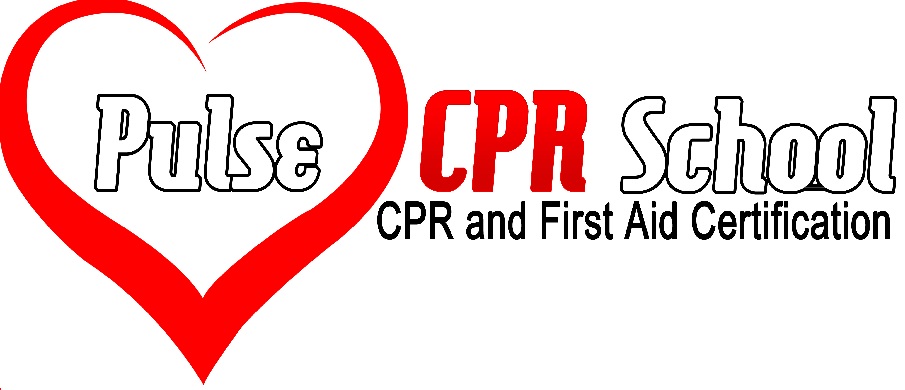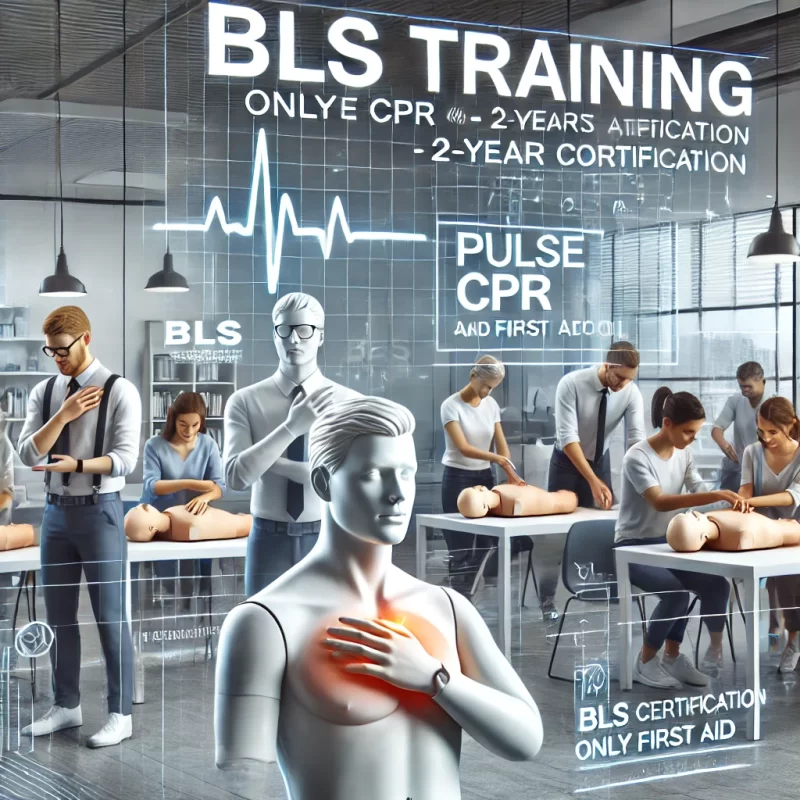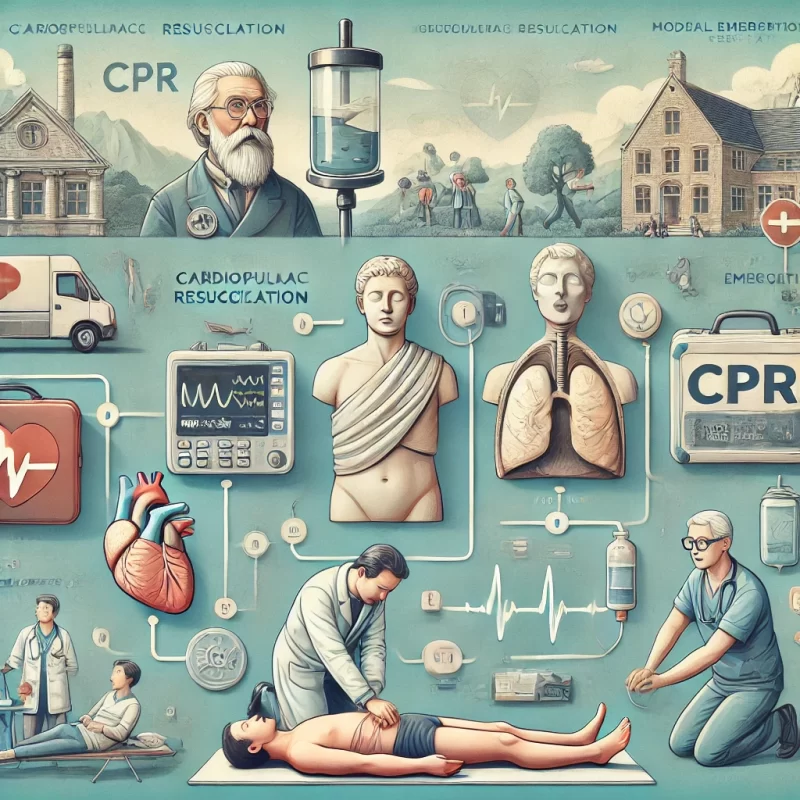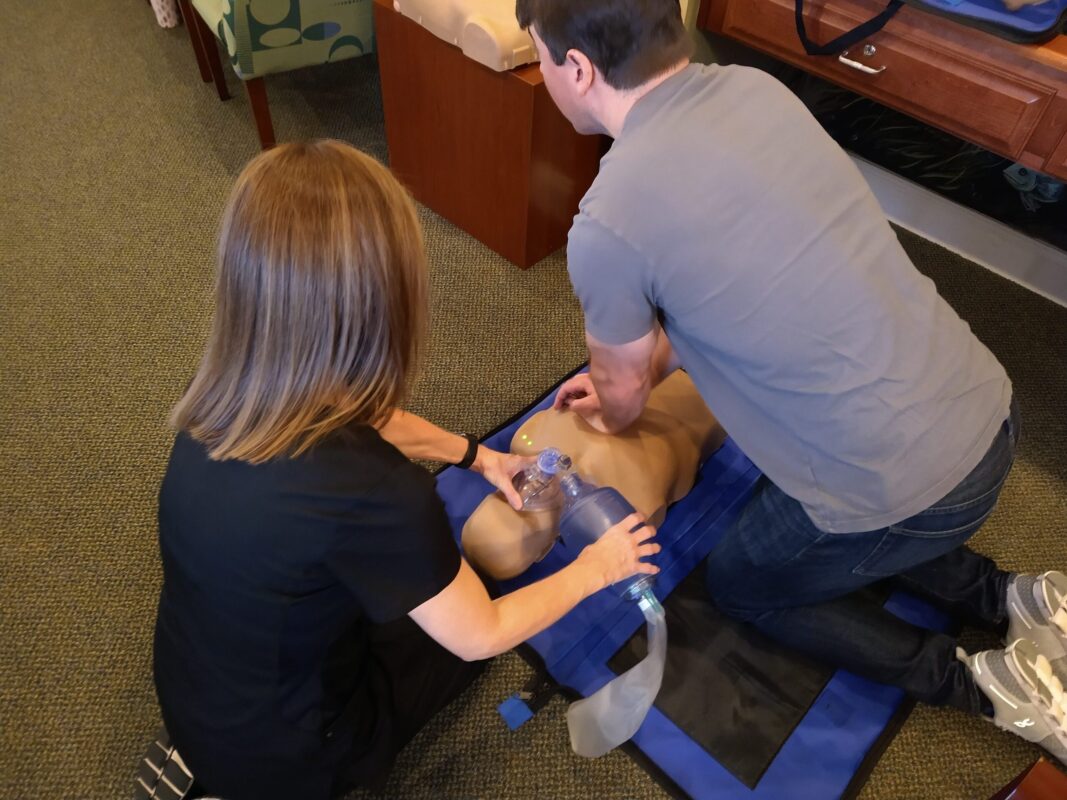
CPR Class Augusta,GA. Proactive strategies for promoting good heart health should begin at birth, yet most American children do not meet the American Heart Association’s definition of ideal childhood cardiovascular health, according to a new scientific statement published in the American Heart Association journal Circulation.“Instead of taking a wait-and-see approach by treating disease later in adulthood, we should help children maintain the standards of ideal cardiovascular health that most children are born with,” said Julia Steinberger, M.D., M.S., lead author of the new statement, professor in pediatrics and director of pediatric cardiology at the University of Minnesota in Minneapolis.CPR Class Augusta,GA.
Seven key health factors and behaviors are used to determine whether a child’s cardiovascular health is ideal:
- not using tobacco products;
- maintaining a healthy body weight
- getting at least 60 minutes per day of moderate to vigorous physical activity;
- eating a healthy diet as well as having healthy cholesterol, blood pressure and blood glucose levels.
“Engaging in these ideal health behaviors early in life can have a tremendous benefit on maintaining ideal health throughout the lifespan,” said Steinberger.
Data from a 2007-2008 National Health and Nutrition Examination Survey found that children in the United States were not meeting most of the American Heart Association’s definition of ideal cardiovascular health.
“A primary reason for so few children having ideal cardiovascular health is poor nutrition – children are eating high-calorie, low-nutrition foods and not eating enough healthy foods, such as fruits, vegetables, whole-grains, fish and other foods strongly associated with good heart health and a healthy body weight,” said Steinberger.
Nearly all children in the study—about 91 percent—scored poorly on diet measures. In fact, the study found that children 2 to 19 years old get the bulk of their daily calories from simple carbohydrates such as sugary desserts and beverages.
Similarly, the level of physical activity was not enough to protect their hearts. Among children ages 6 to 11 years old, half of the boys and just over a third of the girls were active for the recommended 60 minutes or more per day. As children reached 16 to 19 years of age, the percentage meeting the recommended amount of physical activity decreased even further, to 10 percent in boys and 5 percent in girls.
Not surprisingly, the effects of poor diet and physical inactivity affected body weight. Among 2 to 5 year olds, about 10 percent were obese based on their body mass index (BMI) — a measure of body weight based on height. In the 12 to 19 year-old age group, the percentage of obesity soared to between 19 percent and 27 percent. Among these older children, the rate of cigarette smoking was surprisingly high. In fact, approximately one-third of 12 to 19 year-olds reported trying a cigarette.
The healthiest metric for children was blood pressure, with nearly all children in the ideal group. Most children also had ideal measurements for total blood cholesterol and blood sugar levels, however when compared with blood pressure, both of these categories had higher percentages of children with intermediate and poor measurements.
“As pediatricians, we see a tremendous opportunity to strive towards true cardiovascular health if we think of the factors that maintain health early in life. It’s much harder to turn back the clock,” Steinberger said.
The new recommendations for ideal cardiovascular health in children are a companion to a similar set of guidelines for adults issued by the American Heart Association in 2010. Together, the recommendations are key components of the American Heart Association’s goal to reduce death and disability from cardiovascular disease and increase cardiovascular health by 20 percent by the year 2020.CPR Class Augusta,GA.
If you would like more information on Pulse CPR School serving all of Augusta, GA. Evans, GA. and the (CSRA). Please call us at 706-901-7CPR (7277)
CPR Class Augusta,GA.
Pulse CPR First Aid School of the CSRA provides American Heart Association certifications in Heartsaver CPR/AED, BLS, First Aid. Furthermore, we offer Online Blended courses for your convenience. We have a professional staff with Nurses, and Fitness Professionals who have over 20+ years of experience in their fields.We specialize in onsite- corporate training in CPR/AED, BLS, First Aid. Pulse CPR and First Aid School also trains nurses, doctors and medical providers in the metro Augusta area and several locations within the CSRA for BLS and AED certifications and renewals.
We are not your ordinary CPR school. Pulse CPR and First Aid School offers personalized training at your schedule, wherever you want it – for laypersons and professionals.We offer courses weekly in our local office or onsite-corporate training in CPR / AED,BLS,BLS Re-Certification, Infant CPR, Child CPR and First Aid.
We believe that health and safety training should be comprehensive
We believe in training you to remember the skills
We believe in building confidence
We only use the best training equipment
We keep our class sizes small
We service Augusta Ga , Evans Ga , Martinez Ga , North Augusta SC, Aiken SC, Thomson Ga, Waynesboro Ga, Statesboro Ga and most all the C.S.R.A. We are available 7 days a week, and if we don’t answer the phone immediately, we will call you right back. 1-706 -901-7CPR (7277)



